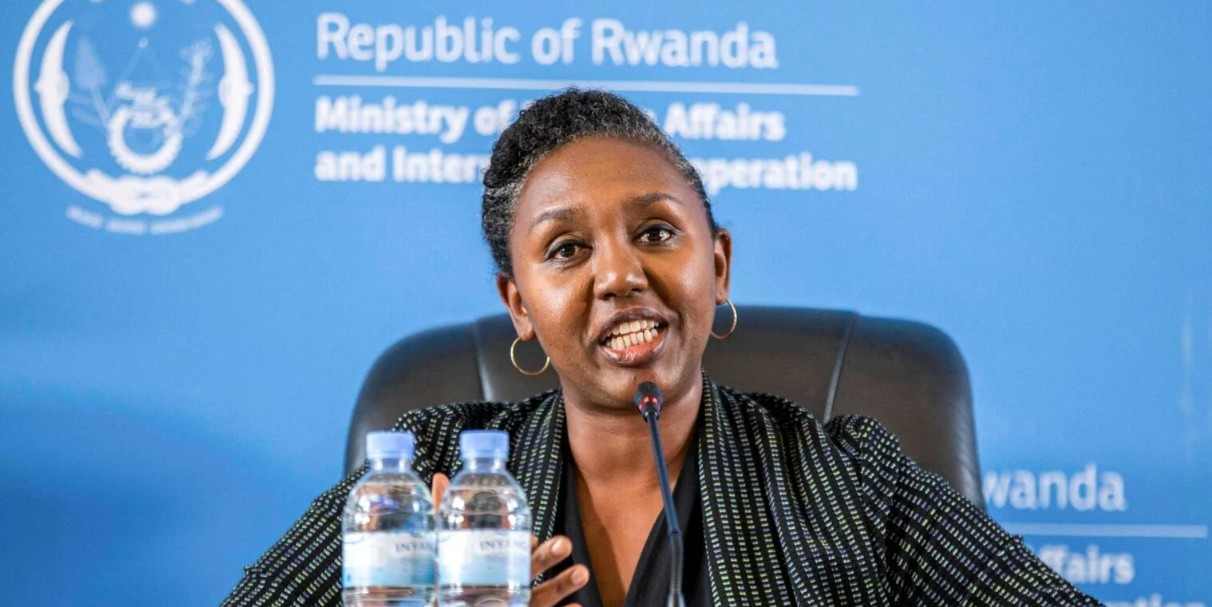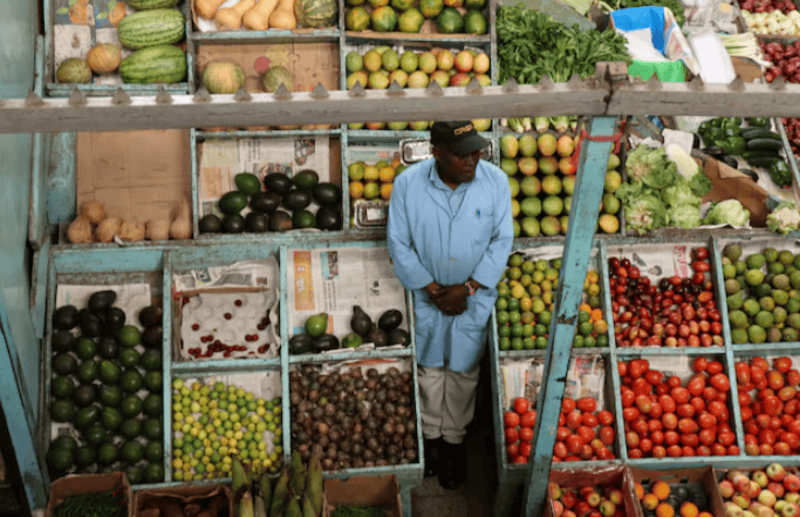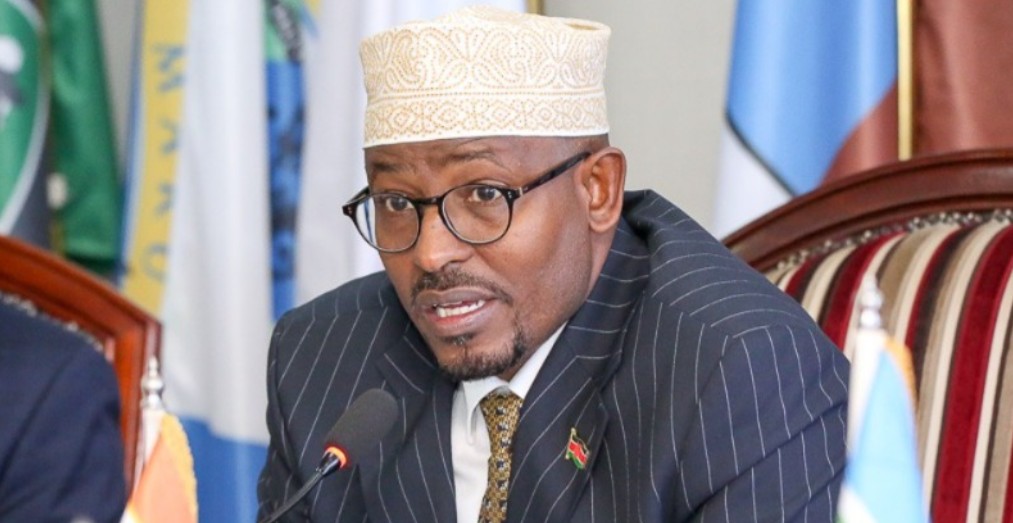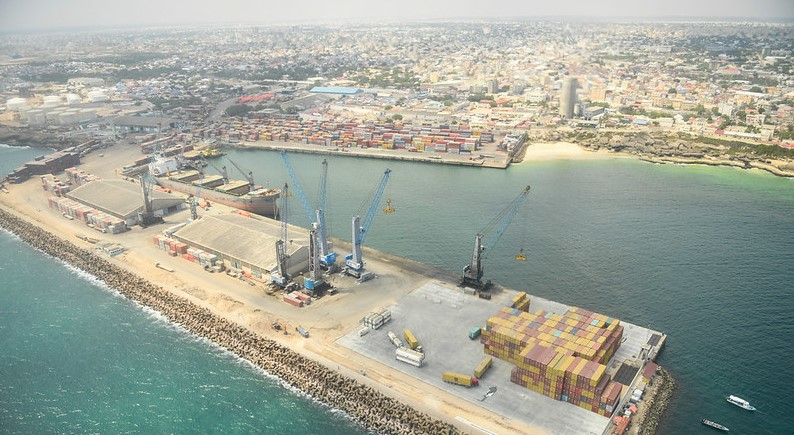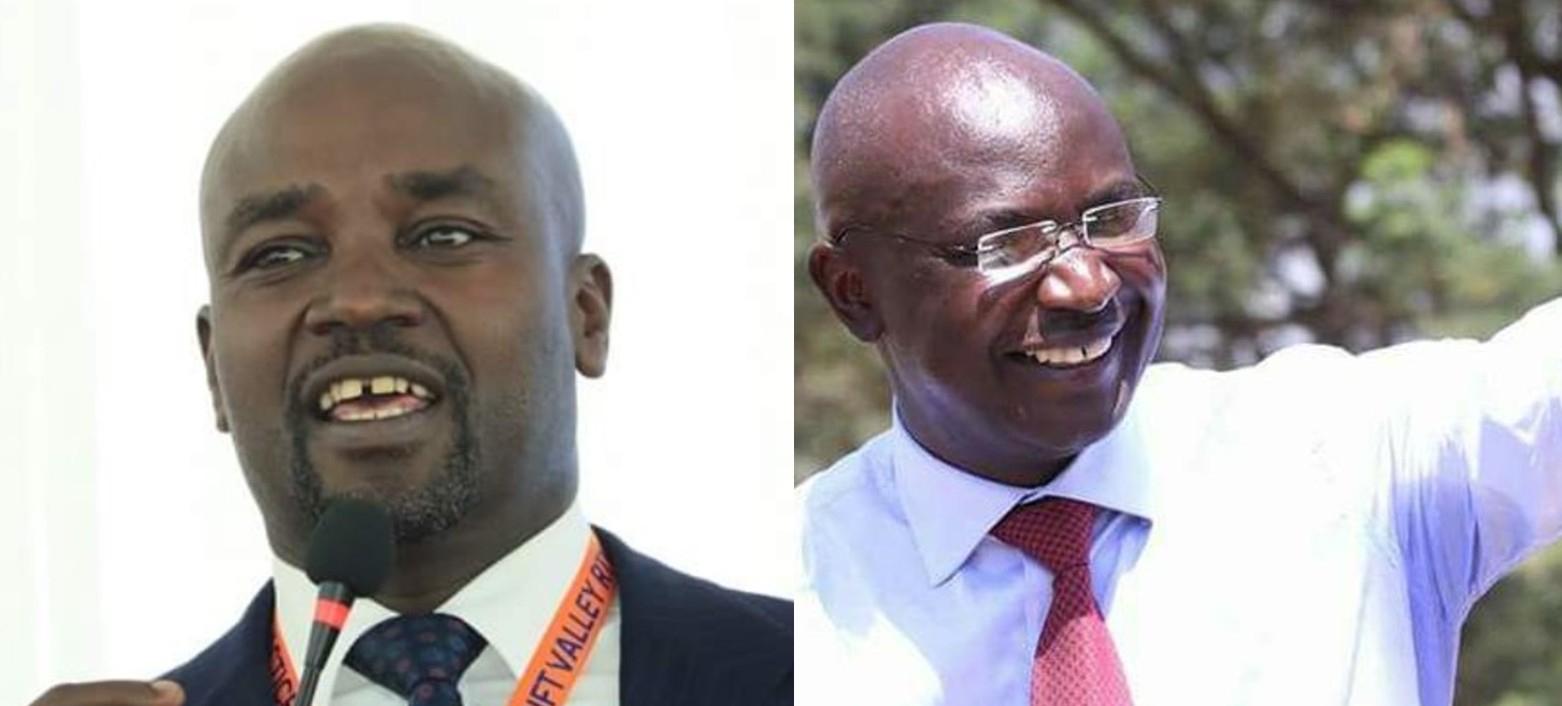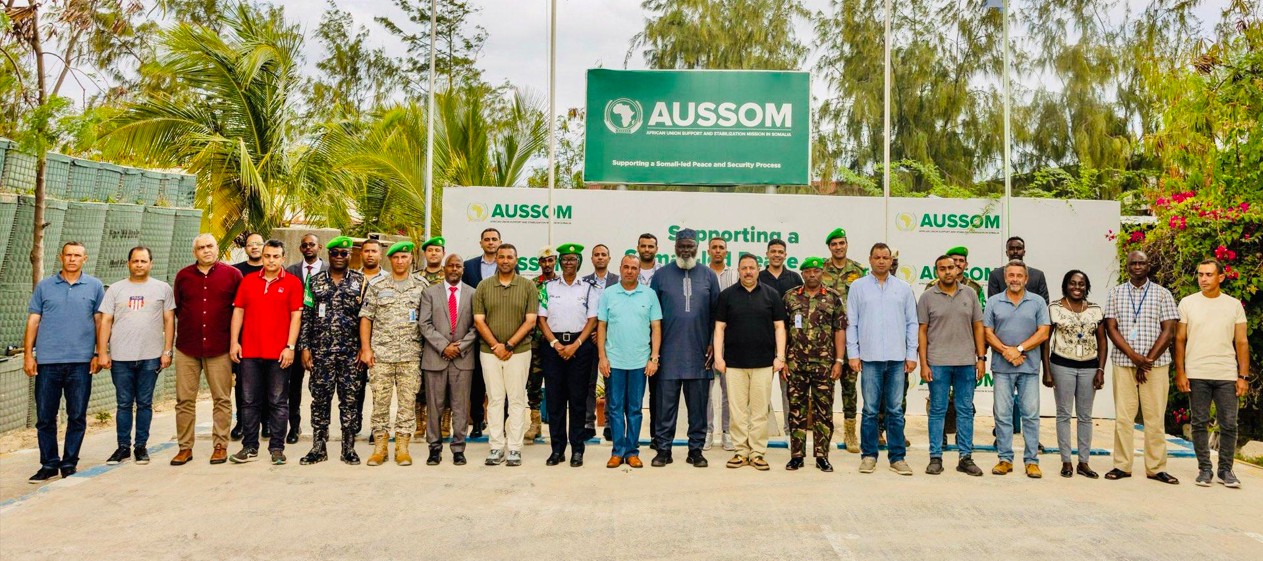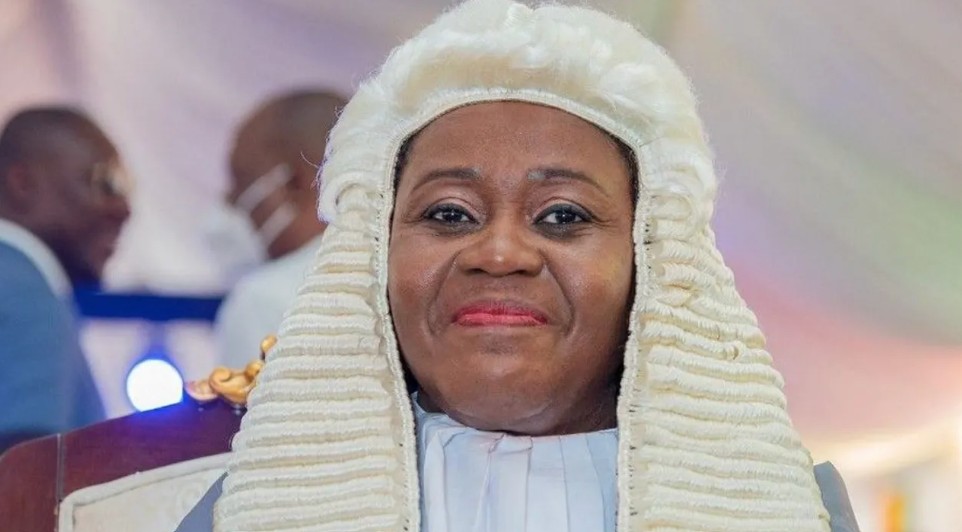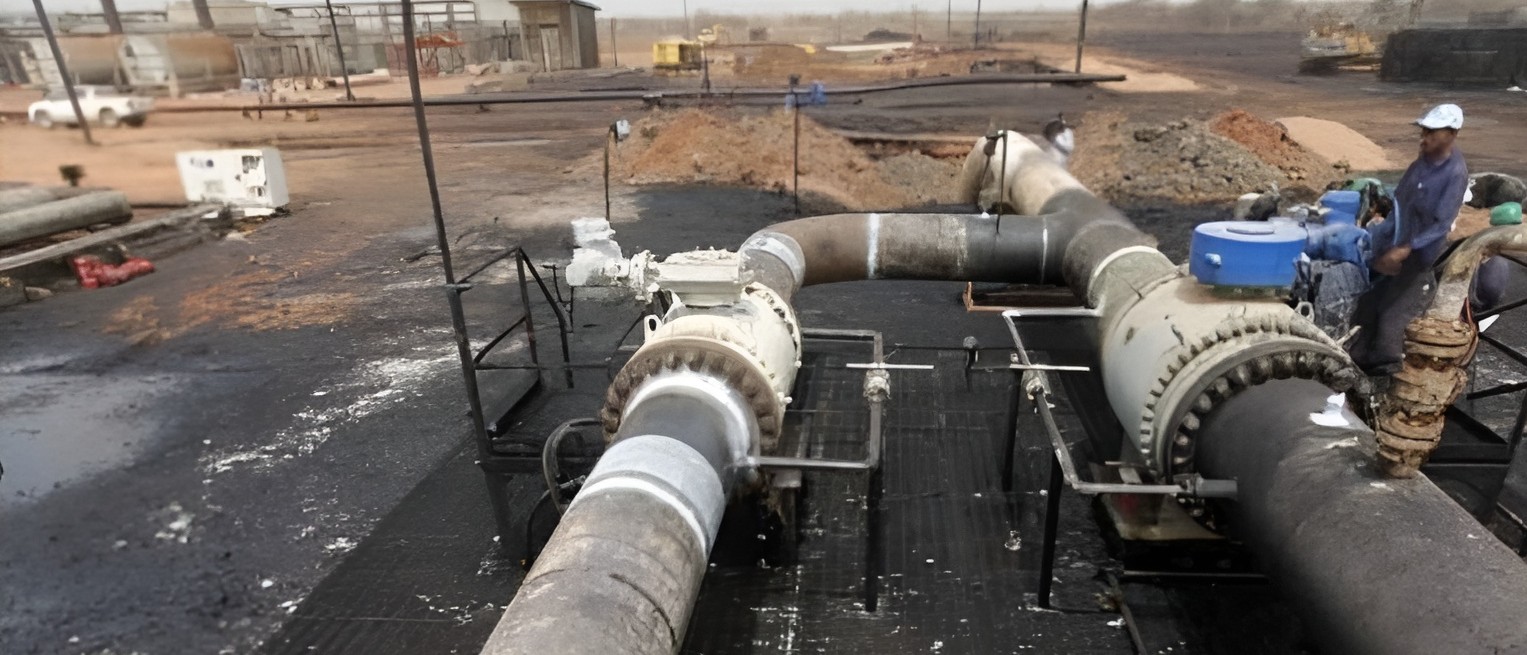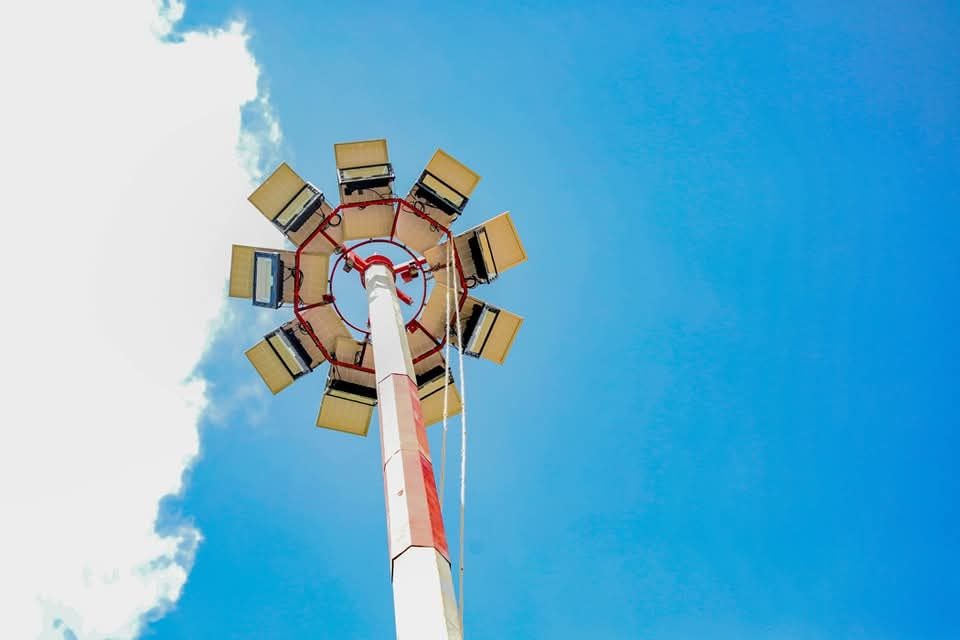AU to give platform to Palestinian President Mahmoud Abbas amid shifting African-Israeli dynamics

Mahmoud's address this year comes at a time when Africa's once-unanimous support for Palestine is increasingly complicated by internal divisions and growing bilateral ties with Israel.
Once again, Palestinian Authority President Mahmoud Abbas will take the stage at the African Union summit on Saturday, where a strong critique of Israel's policies is expected.
His presence at the AU has become almost a tradition, a symbolic gesture that connects the African continent's historical solidarity with Palestine to the ongoing struggle for Palestinian statehood.
More To Read
- South Africa leads global push for Gaza justice as Israeli general cancels visit
- Was the ‘double tap’ attack on Gaza’s Nasser hospital a war crime? Here’s what the laws of war say
- Local journalists and fixers are dying at unprecedented rates in Gaza, can anyone protect them?
- US bars Palestinian President Mahmoud Abbas, 80 officials from attending UN meeting in New York
- Hunger and disease in Gaza will only worsen from ‘man-made’ famine: WHO
- Killing of journalists in Gaza hospital attack ‘should shock the world’: UN rights office
But times have changed.
Mahmoud's address this year comes at a time when Africa's once-unanimous support for Palestine is increasingly complicated by internal divisions and growing bilateral ties with Israel.
The AU's solidarity with Palestine dates back to 1975 when its predecessor, the Organisation of African Unity (OAU), condemned Israel's "barbaric attacks on refugee camps and the bombardment of civilian areas" in Southern Lebanon, citing violations of international and humanitarian law.
Deeply shaken by the violence inflicted on Palestinian civilians, the OAU reaffirmed its "total and unwavering support for the front-line states and the Palestinian people in their struggle to reclaim all occupied territories and usurped rights by any means necessary."
From unanimity to division
In 2025, the African Union remains symbolically aligned with the Palestinian cause. However, the landscape has evolved dramatically.
The 55-member bloc is no longer united on how to engage with the Israel-Palestine conflict.
Several African countries like Kenya have built strong bilateral relations with Israel, especially in agri-tech, defence, and cybersecurity — a shift that complicates the continent's traditional pro-Palestinian stance.
This shift became clear in 2021 when Israel controversially re-joined the AU as an observer. Outgoing AU Commission Chairperson Moussa Faki approved the move, sparking immediate backlash from heavyweight member states like South Africa and Algeria.
These countries have consistently championed the Palestinian cause and viewed Israel's return as an affront to African solidarity.
Interestingly, Kenya was among the African nations that supported Israel's observer status at the AU — a stance that raised eyebrows and generated considerable diplomatic debate across the continent.
What's at stake this year?
With African leaders converging in Addis Ababa for high-stakes elections at the African Union Commission, the question is whether the Palestinian issue will once again dominate discussions and shape the dynamics at the summit.
The African continent is no longer a monolithic bloc on Middle East policy.
Will the traditional solidarity with Palestine prevail, or will Africa's pragmatic engagement with Israel quietly tilt the scales?
As always, diplomacy at the AU is never a straightforward affair. What happens on stage is only a fraction of the story.
The real action takes place in whispered negotiations, closed-door meetings, and calculated backroom manoeuvres. Expect nothing less this weekend.
Top Stories Today

